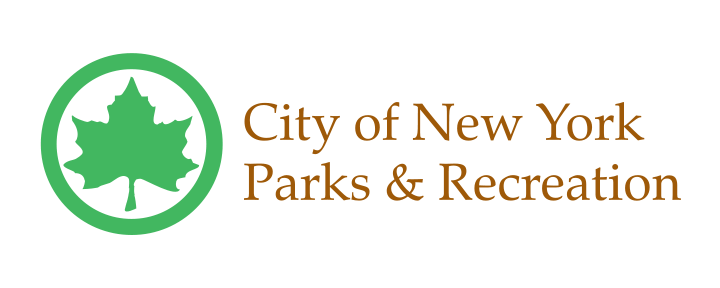
September 15, 2009 - When New York City’s smoking ban took effect in 2003, cigarette and cigar puffers were driven outdoors.
But soon the outdoors — or at least much of it — may no longer be an option.
NYC Mayor Bloomberg (1st year in office) earned his cigarette-hunter image by banning smoking in city bars and restaurants in 2002, an initially unpopular move that was later copied around the world. (Smoking had been banned in most restaurants in 1995.)
The ban, which took effect in 2003, has gained widespread acceptance and has been credited with helping drive down the percentage of adults in the city who smoke to 15.8 in 2008, from 21.5 percent in 2002.
 The city’s health commissioner, Dr. Thomas A. Farley, announced on Monday, September 14th that the Bloomberg administration would seek to ban smoking in city parks and beaches. Dr. Farley said the ban — which officials said may require the approval of the City Council, but could possibly be done through administrative rule-making by the city’s Department of Parks and Recreation — was part of a broader strategy to further curb smoking rates, which have fallen in recent years.
The city’s health commissioner, Dr. Thomas A. Farley, announced on Monday, September 14th that the Bloomberg administration would seek to ban smoking in city parks and beaches. Dr. Farley said the ban — which officials said may require the approval of the City Council, but could possibly be done through administrative rule-making by the city’s Department of Parks and Recreation — was part of a broader strategy to further curb smoking rates, which have fallen in recent years.The proposal was contained on Page 10 of a 41-page document, "The proposal was contained on Page 10 of a 41-page document, The proposal was contained on Page 10 of a 41-page document, “Take Care New York 2012,” that put forth health policy goals for the next three years including cutting obesity, H.I.V. transmission and drug and alcohol abuse. The antismoking strategy would also include pressing for higher local, state and federal taxes on tobacco and urging organizations and businesses in the city to reject financing and sponsorship from the tobacco industry.
Mayor Bloomberg unveiled the plan in the morning but later backed away in the face of criticism. He said Monday night, "It may not be logistically possible to enforce a ban across thousands of acres, but there may be areas within parks where restricting smoking can protect health."
The New York City proposal would affect more than 1,700 parks, playgrounds and recreational facilities, as well as the city’s seven beaches, which span 14 miles of shoreline. The proposal drew praise from public health advocates and criticism from one of the nation’s biggest tobacco manufacturers.
Such bans are still rare, though growing in number. A number of municipalities — particularly in California — have banned smoking at outdoor parks, playgrounds and beaches. (California - “The No Smoking at State Parks and Beaches Act,”; More communities adopting their own anti-smoking ordinances to include the outdoors..; Maine - new law bans smoking in outside dining areas..; L.A. bans smoking in parks..; New Jersey town bans smoking on beach, boardwalk, sidewalk..)
David Sutton, a spokesman for the cigarette maker Philip Morris USA, which is part of the Altria Group, said the company supported a ban on smoking in public buildings, public transportation and many areas of the workplace, as well as areas like elevators where smoking would be a fire hazard. “We maintain, however, that complete bans go too far,” Mr. Sutton said in a statement. “We believe that smoking should be permitted outdoors except in very particular circumstances, such as outdoor areas primarily designed for children.”
Dr. David A. Kessler, who was commissioner of the Food and Drug Administration (FDA) from 1990 to 1997: “The issues with secondhand smoke are very real, and the majority of the population today doesn’t want to be breathing in tobacco smoke, whether indoors or outdoors,” said “While undoubtedly some will think this is going too far, 10 years from now, we’ll look back and ask how could it have been otherwise.” (Acute asthma death associated with work-related ETS..) Secondhand smoke is listed as a human carcinogen by the U.S. Environmental Protection Agency (EPA).
References: NYC = Nanny State? Health Dept. considering smoking ban in parks by Adam Lisberg, New York Daily News, 9/14/2009; New York Eyes ‘No Smoking’ Outdoors, Too by SEWELL CHAN, The Ne York Times, 9/14/2009.


0 comments:
Post a Comment